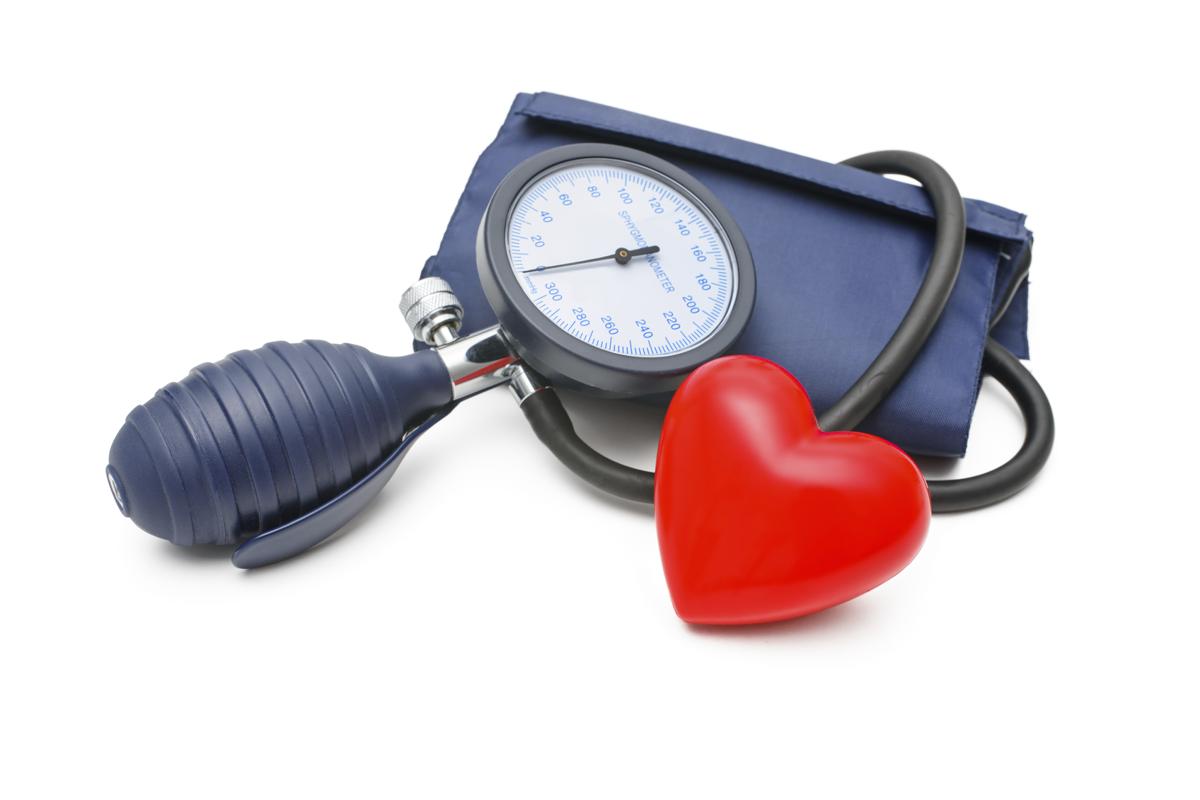
A new study has suggested that potassium deficiency increases hypertension risks. This article provides some information on the same.
Potassium is one of the main electrolytes in the body. These electrolytes are very essential for the normal functioning of the cells. About 98% of it is present inside the cells and 2% of it is found in the serum. One of its important functions is to maintain the cell electrical potential. Small changes in the serum potassium levels can affect the body function. The normal level is 3.5 to 5.0 mEq/L.
Dietary intake is the major source of this element. Some of the foods rich in it include fresh vegetables such as tomatoes, beets, peas, mushrooms, fresh fruits such as bananas, apricots, oranges, meats such as turkey, beef, fish, and fruit juices. If the levels of it in the body are lowered, then the condition is known as potassium deficiency or hypokalemia.
Causes and Symptoms
The loss of this element may occur from the kidneys and gastrointestinal tract. The causes of its loss from the intestine are diarrhea, vomiting, ileostomy, villous adenoma, and excessive use of laxatives. Its loss from the kidneys is due to diuretic medications, increased corticosteroid levels, renal tubular acidosis, and low magnesium levels. Hypokalemia can cause the symptoms such as muscle weakness, muscle cramps, numbness or tingling, fatigue, nausea or vomiting, constipation, abdominal cramping, palpitations, and abnormal psychological behavior.
Risks of Potassium Deficiency on Hypertension
One of the important functions of this element is to maintain the normal blood pressure. According to the latest researches, its deficiency increases hypertension risks. Low levels of this element increase the risk of high systemic blood pressure. Its effects on blood pressure are found to be stronger than that of sodium. According to scientific studies, it is the WNK1 gene that is responsible for its effect on blood pressure.
The effects of high sodium intake on blood pressure are well-known. However, in order to understand the effects of hypokalemia on blood pressure, researchers analyzed data on about 3,300 subjects from the Dallas Heart Study. About half of them were African Americans, who are known to have the lowest amounts of this element in their diet. According to the results, the amount of this element in the urine samples was strongly associated with blood pressure. The lower the level of this element in the urine, the lower is its dietary intake, and higher the blood pressure. ‘Dietary Approaches to Stop Hypertension’ (DASH) has linked its deficiency to hypertension.
For the people having hypertension, it is beneficial to follow the DASH diet plan in order to lower the blood pressure. The DASH diet plan recommends foods that are high in potassium, calcium, and magnesium and low in total and saturated fats, and sodium. It is advised to increase dietary potassium intake to reduce blood pressure. This element causes increased excretion of sodium, which is responsible for high blood pressure. The vasoactive effects of the element on blood vessels also lowers the blood pressure. Hence, increased dietary intake of the foods rich in this nutrient such as fresh fruits and vegetables, meat and milk are recommended for the people with a high risk of hypertension.
Disclaimer: This article is for informative purposes only and does not in any way attempt to replace the advice offered by an expert on the subject.


